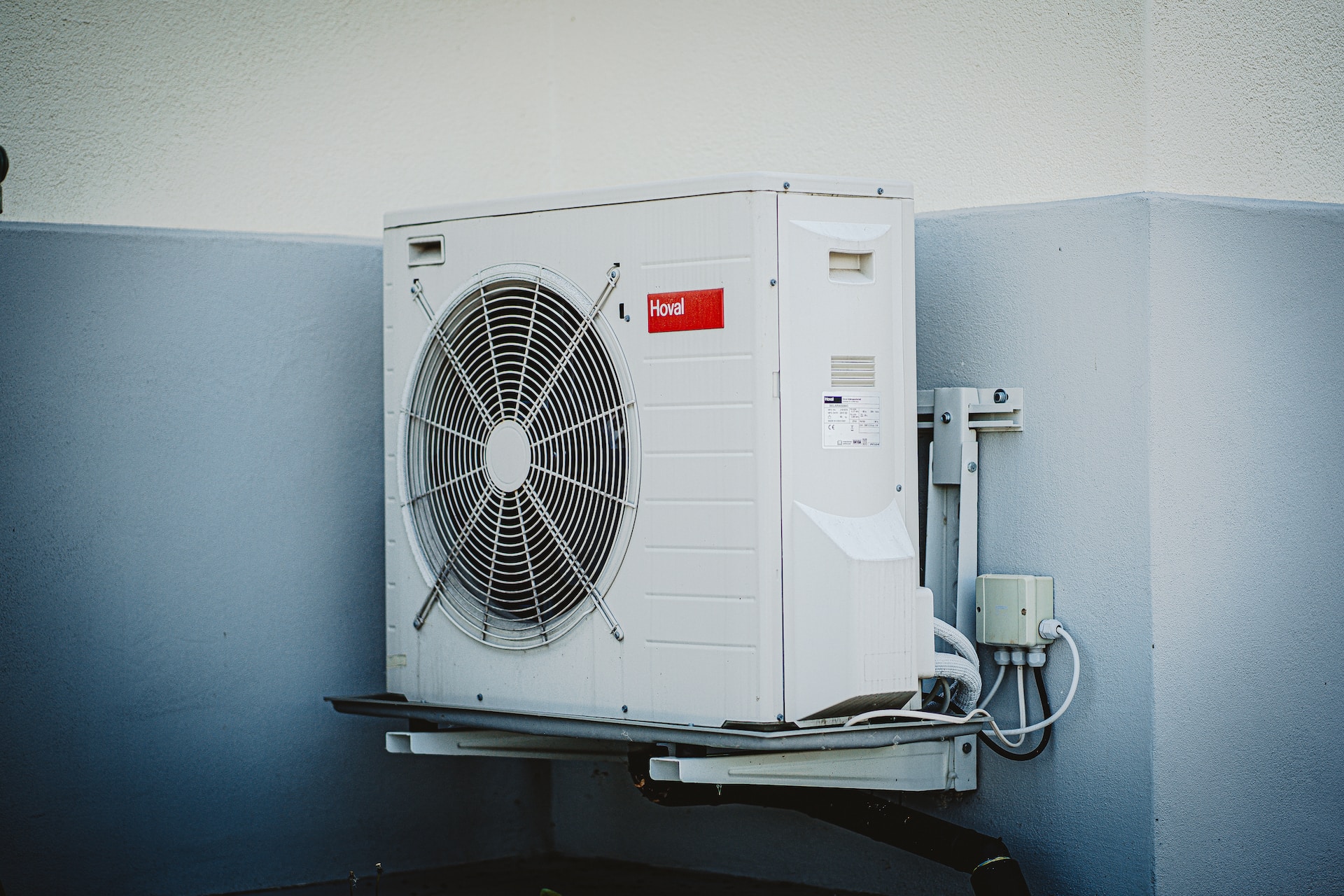The Ultimate AC Maintenance Checklist for Homeowners
Performing small AC maintenance tasks can help you avoid significant repairs and save money on energy costs. Through these maintenance checks you can see if any components need to be replaced, for example, you may need to change to Unilux fan coils if your current coils’ efficiency has significantly gone down over the years.
Don’t forget to also keep your home’s registers and grilles clean to ensure air flows appropriately. Leaks and disconnected ducts can result in negligible airflow and higher energy bills.
Clean the Condenser
The air conditioning system removes heat from indoor air and releases it outside. To do this, it pulls in air through the return ducts and passes it over the evaporator coils, filled with refrigerant that absorbs heat. The cooled air is blown back into your home through the supply ducts. If dirt accumulates on these coils, it can affect your AC’s efficiency.
Cleaning the coils is one of the most essential AC maintenance tasks for your air conditioner, and it’s also easy to do. Start by turning off the power to the unit, either at the switch outside your house or on a circuit breaker in your home. It is crucial to take necessary precautions to safeguard yourself from electrical shock and avoid harm to the device.
Remove the fan cover from the unit, and vacuum up any debris around or in the coils. You can also spray the coils with a hose to rinse them clean.
Check the Thermostat
Thermostats are relatively simple mechanical control devices that usually work until they don’t. If you suspect your thermostat isn’t functioning correctly, there are some things you can do to find the source of the problem.
First, make sure the thermostat is on and that its display reads the accurate temperature of the room by comparing it to a thermometer. If it doesn’t, this may indicate a miscalibration or other issue with the device.
You can also use a multimeter to test your thermostat’s wiring connections. This will help you determine if there is an open or short circuit. Be careful when handling electrical components, and always wear insulated gloves.
Lastly, flip the breaker that controls your thermostat or HVAC system off and then on. However, this should only be used as a last resort and only when your unit is malfunctioning. If you frequently reset your breaker, it could be a sign of a more significant problem, and it is best left in the hands of a Mesquite, TX AC repair professional.
Check the Capacitors
During storms, lightning strikes can cause power surges that may damage your AC. These surges can burn up wires and fuses, and they can also fry your capacitors. You can tell if this has happened to your AC unit by smelling a burning plastic odor.
If you suspect a capacitor problem, call a professional specializing in AC maintenance in Litchfield Park, or elsewhere, immediately. They can test the capacitor and replace it if needed. It also smooths out voltage fluctuations to protect the motors from electrical damage.
If your AC system has a bad capacitor, it will struggle to start up and require more power. This can increase your utility bills, especially if the air conditioner runs all day and night to cool your home.
Check the Ducts
Duct leaks are often overlooked but can significantly impact your energy bills. Leaking ducts allow heated and cooled air to escape into the attic or outside. When your system struggles to maintain a consistent temperature, you’ll experience uneven heating and cooling. When your system struggles to maintain a consistent temperature, you’ll experience uneven heating and cooling.
To check your ducts, first look for any prominent areas of leakage. These will typically be at the seams of your ductwork or where one piece meets another. If a part of your ductwork looks rusty or has tears, it may be time to call in HVAC repair services in Nassau County, or wherever you are based, to look it over.
Next, test for airflow. Use tissue paper or a lit incense stick to hold up against the area where you suspect a leak. If the tissue or smoke moves erratically around the area, it indicates air movement and that your ducts need to be sealed. This can be done using foil-backed tape or mastic sealant. If the ducts are not sealed, they may be blocked by furniture or other objects.
Test the Unit
Inspecting the unit to look for damage, dirt, and other signs of wear can improve its ability to cool your home. A professional will also check the pressure differential between the high and low sides of the system, indicating its cooling efficiency.
If your air conditioner is running, but your house isn’t getting cool enough, it could be a case of blocked vents. Walk into each room and check that the vents aren’t covered by clothes, boxes, or anything else that could restrict airflow.
A thorough inspection of your AC unit protects it from significant problems down the road, reduces energy costs, and extends its lifespan. This checklist includes tasks typically included in a preventative maintenance contract. Hence, it’s a good idea to compare home warranty plans today to find the right one for your budget and household needs. Compare pricing and read reviews to help you choose the plan that’s best for you.

